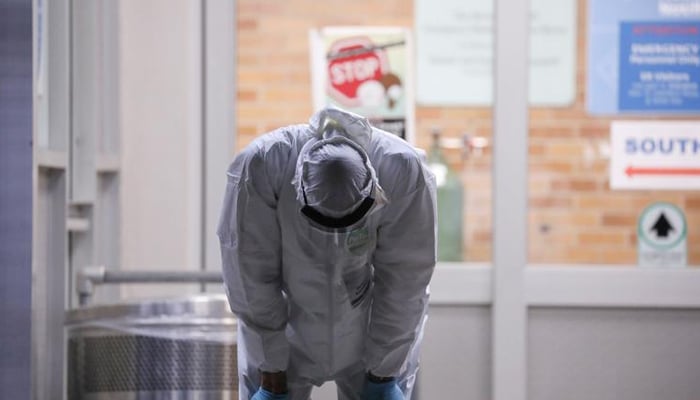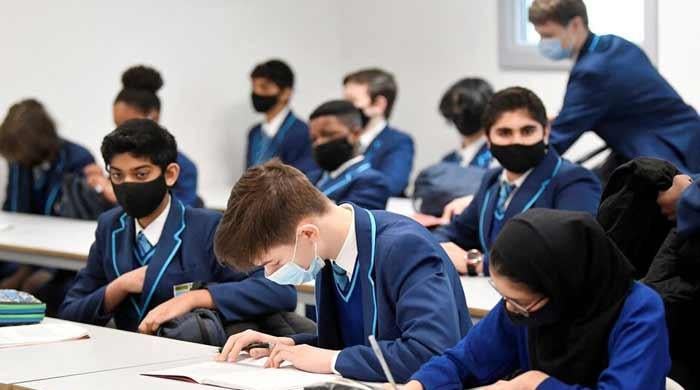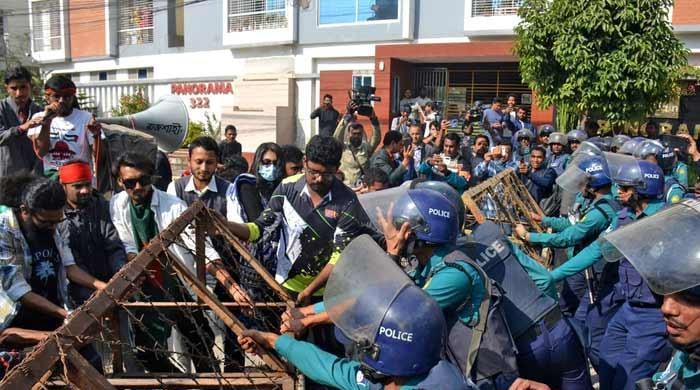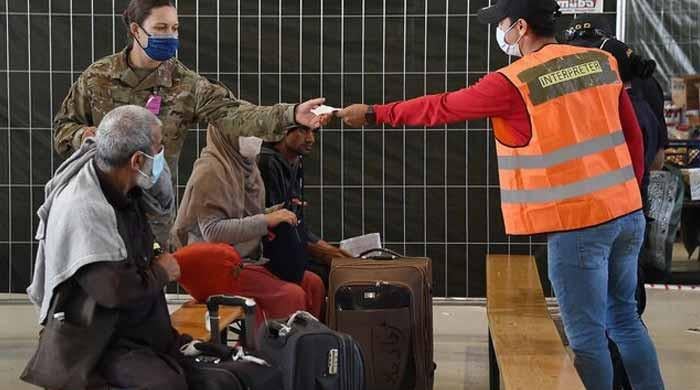Global COVID-19 deaths to top 100,000 a week, predicts WHO
WHO says world is on brink of “catastrophic moral failure” in sharing COVID-19 vaccines
January 18, 2021

- Global deaths from COVID-19 are expected to top 100,000 per week “very soon”, says WHO
- WHO says world is on brink of “catastrophic moral failure” in sharing COVID-19 vaccines
- Global scramble for shots has intensified as more infectious virus variants circulate
GENEVA: Global deaths from COVID-19 are expected to top 100,000 per week “very soon”, from more than 93,000 reported last week, the World Health Organisation’s top emergency expert Mike Ryan said on Monday.
In an epidemiological update provided to the WHO’s executive board meeting, he added that the Americas region accounted for about 47 per cent of current deaths. In Europe, cases and deaths are stabilising but at a high level, he said.
“Currently our epidemiological situation is dynamic and uneven, it’s further complicated by variants,” he told the board.
Read more: UK teachers, police, shop workers may get coronavirus vaccine in phase
Meanwhile, during the meeting, WHO Director-General Tedros Adhanom Ghebreyesus said that the world is on the brink of “catastrophic moral failure” in sharing COVID-19 vaccines, as he urged countries and manufacturers to spread doses more fairly around the world.
Ghebreyesus said the prospects for equitable distribution were at “serious risk” just as its COVAX vaccine-sharing scheme aimed to start distributing inoculations next month.
He noted 44 bilateral deals were signed last year and at least 12 have already been signed this year.
Read more: US vaccine worries Norway as 29 elderly people die after receiving shot
“This could delay COVAX deliveries and create exactly the scenario COVAX was designed to avoid, with hoarding, a chaotic market, an uncoordinated response and continued social and economic disruption,” he said.
Such a “me-first approach” left the world’s poorest and most vulnerable at risk, he said at the opening of the body’s annual Executive Board meeting in a virtual format.
“Ultimately these actions will only prolong the pandemic,” he added, urging countries to avoid making the same mistakes made during the H1N1 and HIV pandemics.
Read more: Pakistan's drug authority approves emergency use of AstraZeneca's coronavirus vaccine
The global scramble for shots has intensified as more infectious virus variants circulate.
Tedros said more than 39 million vaccine doses had been administered in 49 higher-income countries whereas just 25 doses had been given in one poor country.
A delegate from Burkina Faso, on behalf of the African group, expressed concern at the meeting that a few countries had “hoovered up” most of the supplies.
Observers say this board meeting, which last until next Tuesday, is one of the most important in the UN health agency’s more than 70-year history and could shape its role in global health long after the pandemic ends.
Read more: Pakistan approves Sinopharm coronavirus vaccine for emergency use
On the agenda is reform of the body as well as its financing system, which was revealed as inadequate after its largest donor, the United States, announced its withdrawal last year.
“WHO has to remain relevant and ... has to come out of this crisis with more strength than before,” said WHO Executive Board Vice-Chair Bjoern Kuemmel of Germany in comments last week.
But he expected resistance from some countries to pressure to boost financial contributions.









